The American Association for Cancer Research (AACR) is being held virtually this year, and the first part of the conference (April 9-15) just wrapped up last week. One of the great things about the virtual format was the “on demand” viewing of the sessions — a lifesaver given I had selected 30 sessions to attend…and that was just on Friday! Thank goodness the content will be available until June for continued viewing.
As Mission Bio’s customers span all aspects of translational research, I wanted to hear the latest on prognostic and predictive biomarkers of therapeutic response, learn about tumor cell plasticity and resistance to cancer therapies, and see how others are monitoring minimal residual disease with liquid biopsies. I was also interested in understanding the impact that clonal hematopoiesis has not only on premalignant states in patients with cancer but in aging and other diseases.
These are active areas of research for investigators using Mission Bio’s Tapestri Platform, the only single-cell sequencing platform on the market capable of assaying thousands of cells for DNA mutations and immunophenotyping simultaneously.
Mission Bio’s R&D group presented three posters during the Genotype/Phenotype Correlations session and New Algorithms session:
- Single-cell multi-omics analysis of SNV, CNV and protein expression (#2259, Aik Ooi et al.)
- A multimodal single-cell workflow to interrogate cellular responses to cancer therapy (#2261, Dalia Dhingra et al.)
- Method to analyze mutational and phenotypic profiles from single cell for clonal evolution (#246, Saurabh Parikh et al.)
These posters reflect all the hard work our R&D group continued during the difficult period of COVID to push the capabilities of multi-omic analysis in the single cell space. Mission Bio is the first company to create a tri-omic assay capable of DNA mutational analysis, quantifying cell surface protein expression and detecting RNA fusions from single cells in one sequencing run. Truly game-changing for cancer researchers.
Some of our key customer researchers presented their work in advancing knowledge of clonal hematopoiesis. First on Monday (April 12) Dr. Ross Levine from Memorial Sloan Kettering Cancer Center presented Clonal hematopoiesis and evolution to hematologic malignancies. Next up was Dr. Koichi Takahashi (UT MD Anderson Cancer Center), who discussed clonal hematopoiesis as a premalignant state, and Siddhartha Jaiswal (Stanford) presented on this condition in the context of human aging and disease.
Many thanks to Dr. Levine and Dr. Takahashi for sharing their Tapestri single-cell DNA sequencing work with the larger cancer community. Like many others in the oncology space, I look forward to the second week of AACR on May 17-21. See you there!











